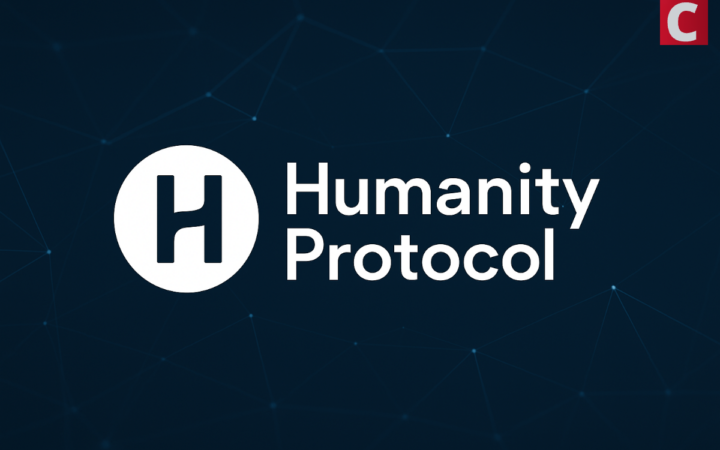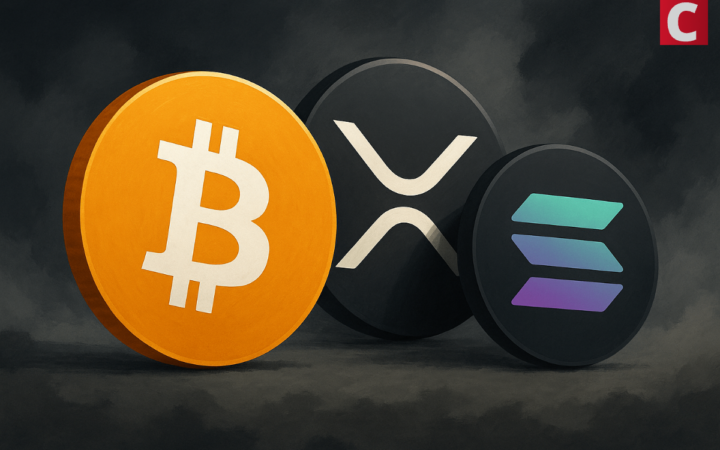
Bonk Price Prediction: 38% Volume Spike, Harmonic Reversal Fuel Hopes of Short-Term 70% Rally
BONK shows early reversal signs after breaking above a six-week falling wedge pattern, trading near $0.00001506 with renewed volume and EMA reclaims.

BONK shows early reversal signs after breaking above a six-week falling wedge pattern, trading near $0.00001506 with renewed volume and EMA reclaims.

Arbitrum rallied 9% on Wednesday following Robinhood’s announcement of US stock trading on the Layer-2 network. The move expands Arbitrum’s use case beyond DeFi while Trump’s ceasefire news further boosted crypto market sentiment.

Cardano price jumped 6.07% on July 2, recovering from the critical $0.50 support level that has historically triggered reversals, though broader bearish trends persist.

Standard Chartered analysts have predicted that the Bitcoin price will reach $135,000 by September 30 and $200,000 by December 31.

The European Central Bank plans on launching a blockchain settlement pilot that will allow DLT transactions to be settled with the central bank money.

China’s central bank has asked officials to explore the use of stablecoins for cross-border payments, potentially signaling a shift in policy despite the country’s ongoing crypto ban.

US M2 money supply hits a record $21.94T, raising hopes for a crypto rally. Bitcoin shows strength despite low institutional interest and a cautious market.

A U.S. judge has dismissed Tether’s attempt to stop Celsius Network from proceeding with its $4 billion Bitcoin lawsuit.

Asian firm DDC Enterprise has secured $528 million to advance its corporate Bitcoin treasury in a push to grow its total holdings above 138 BTC units.

Bitcoin’s growing institutional embrace has pushed altcoins into a holding pattern, but signs are mounting that a pivot is near.

Despite market volatility, spot Ethereum ETFs continue to attract capital, with BlackRock’s iShares Ethereum Trust (ETHA) leading the charge.

Humanity Protocol (H) returns to the spotlight with a sharp 90% price gain in 24 hours, driven by high trading volume and whale involvement.

Pudgy Penguins (PENGU) defies crypto market volatility with a 47% weekly surge, driven by whale accumulation and an upcoming game launch.

Ripple Labs has locked up 400 million XRP in escrow, as identified by Whale Alert, as the schedule comes with a minor adjustment overall.

Leading cryptocurrencies like Bitcoin, XRP, and Solana are waiting for a major catalyst to push them upward, but they might not see one for now.
Breaking news coverage from cryptocurrency world about key figures, exchanges, startups, investment, applications, regulation and more.